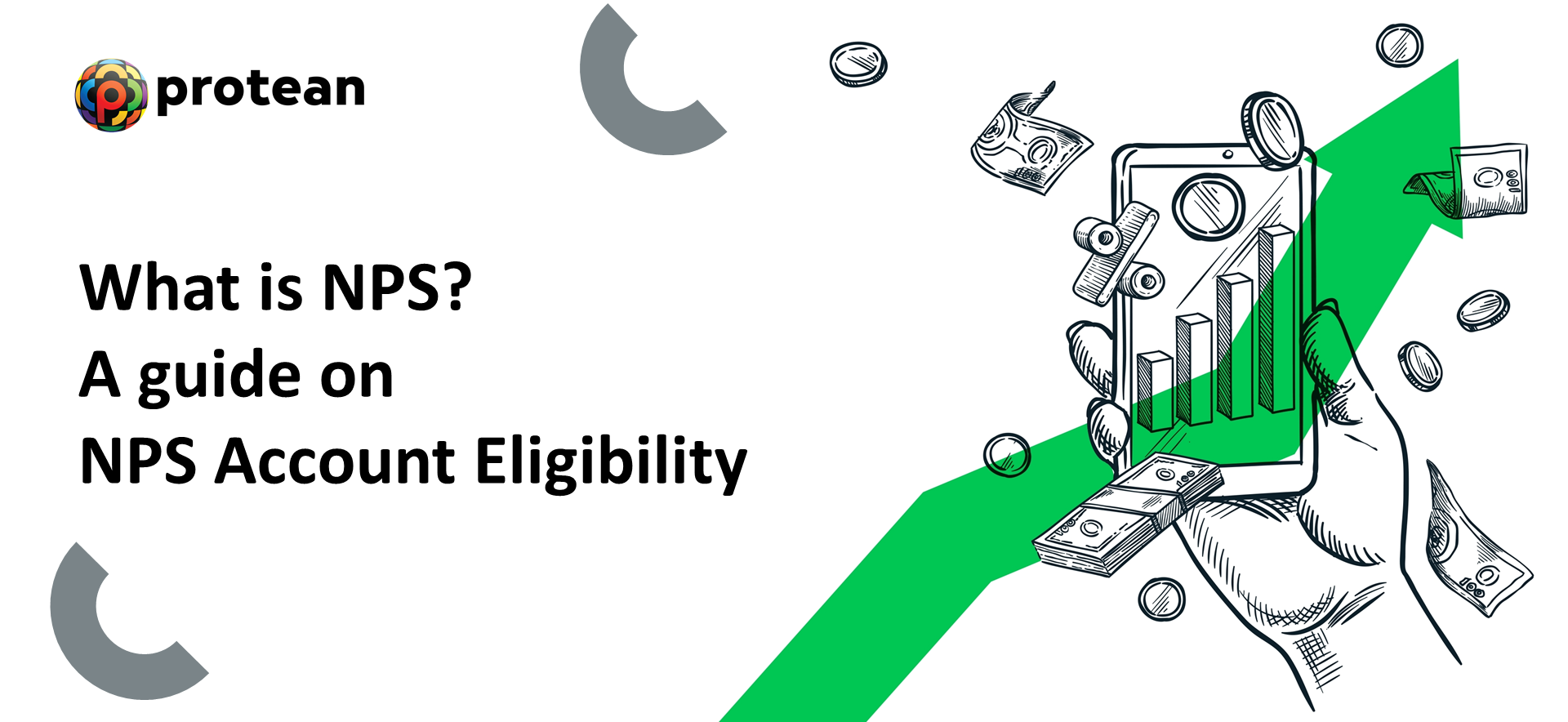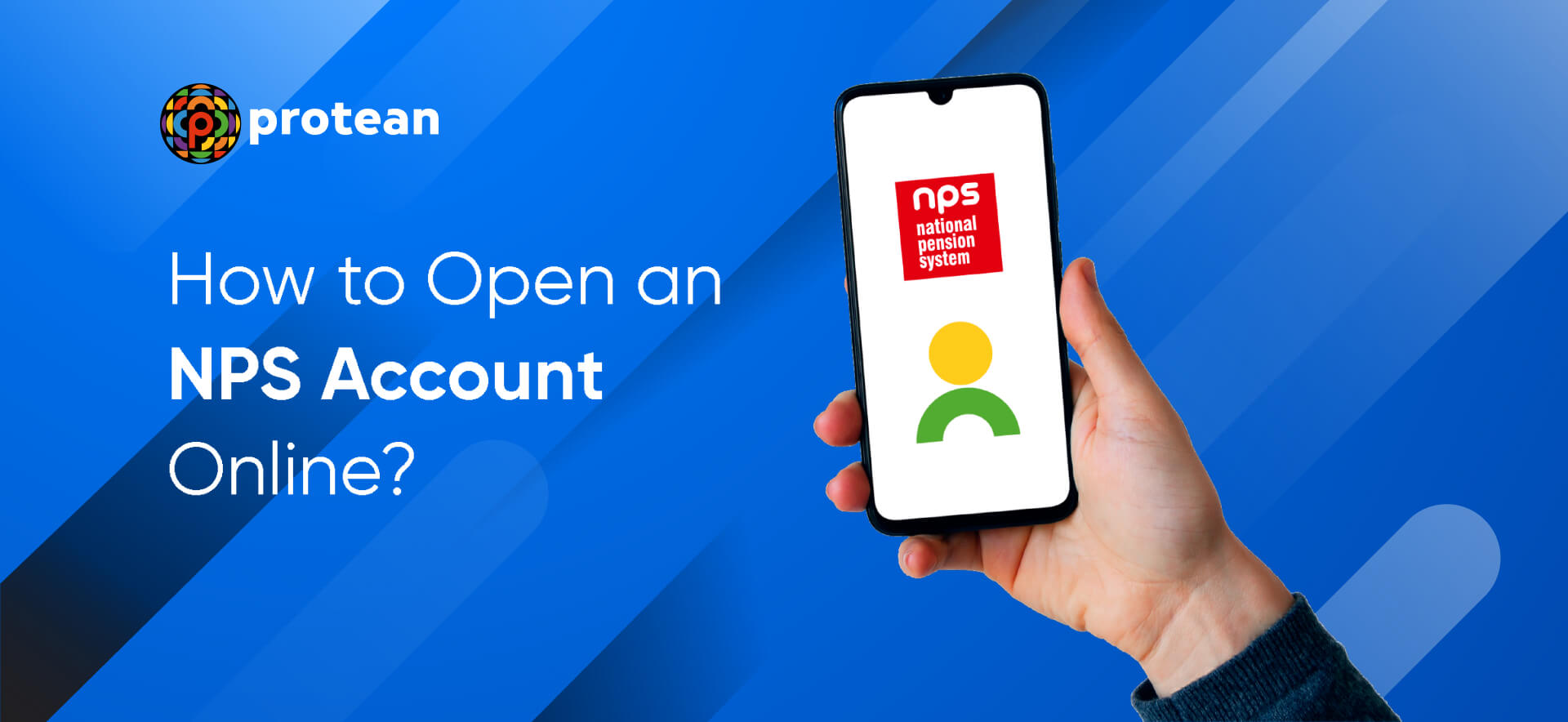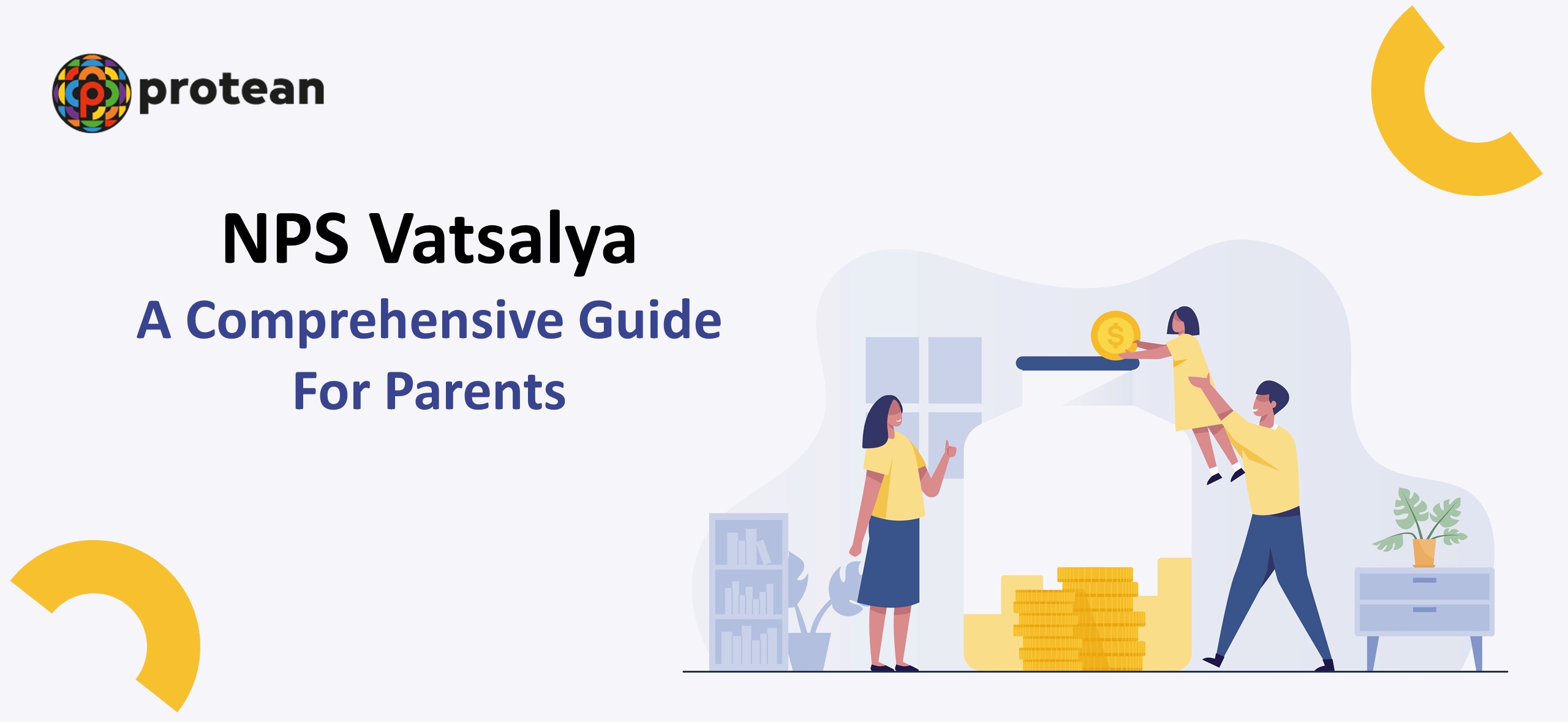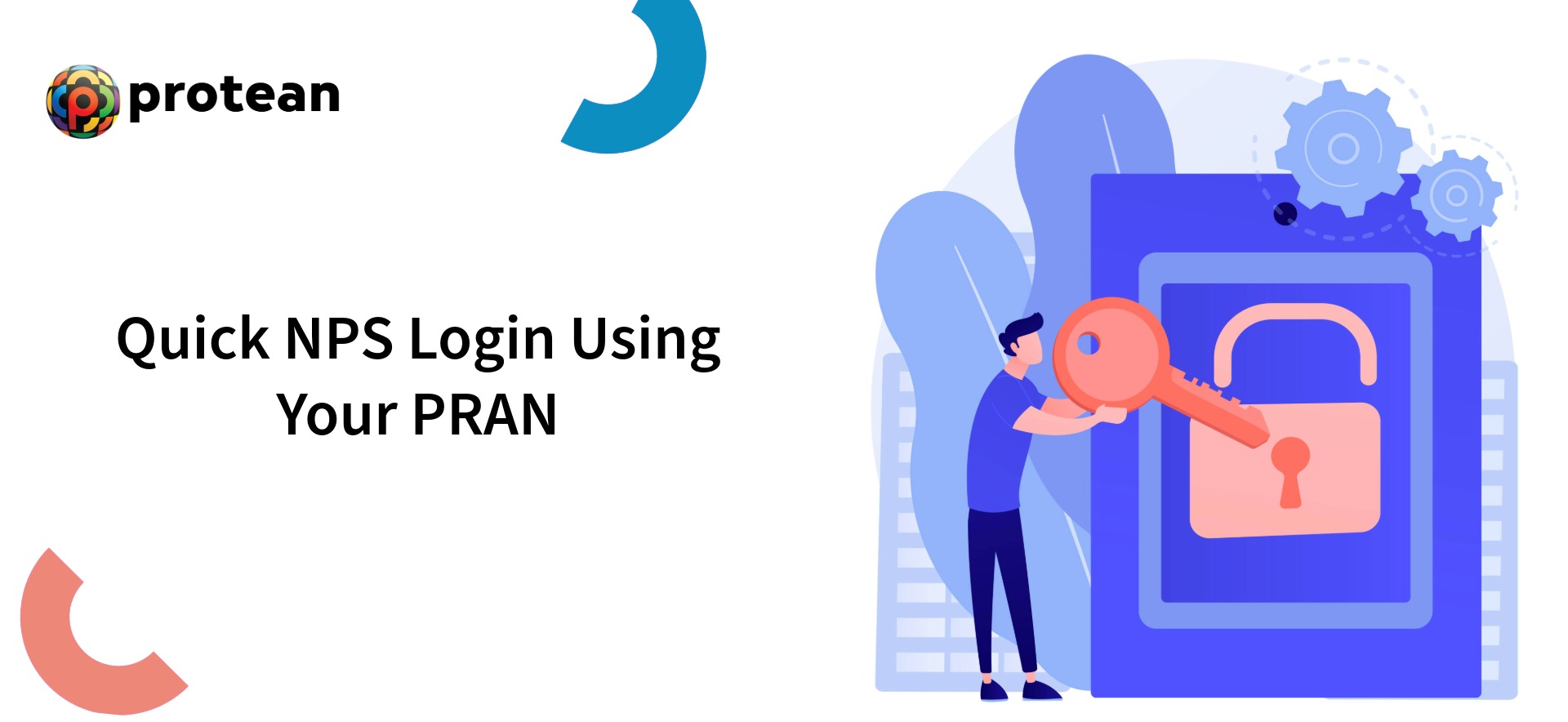Blogs
What is NPS? Who is Eligible for an NPS Account?
Retirement. It’s a word that can feel distant, especially when you're navigating career goals, monthly budgets, and the ever-rising cost of living in India. But what if you could build a massive retirement corpus with small, regular investments, all while saving a significant amount of tax right now?
Enter the National Pension System (NPS).
You’ve likely heard the term "NPS" mentioned by a colleague, a financial advisor, or during the annual tax-saving frenzy. But what exactly is it? Is it just another complex financial product? Who can even invest in it?
If these questions are on your mind, you've come to the right place. This guide will break down the National Pension System in simple, easy-to-understand terms. We'll cover what it is, its incredible benefits, and most importantly, who is eligible to start building their secure future with an NPS account.
What is NPS?
NPS, also known as National Pension System, is a government-backed retirement savings scheme designed to help you build a substantial pension corpus through your personal NPS account. As a voluntary, long-term investment plan, it enables you to accumulate wealth during your career to ensure a steady income post-retirement. Regulated by the PFRDA (Pension Fund Regulatory and Development Authority), the NPS scheme is widely regarded as one of India's most transparent, low-cost, and flexible retirement solutions currently available.
| Also Read: NPS Login: How to open an NPS account online? |
How Does an NPS Account Work? A Simple Breakdown
Understanding how the National Pension System turns your small savings into a substantial retirement fund is key to appreciating its power. The entire NPS scheme operates on a straightforward, four-step process that puts your financial future first.
- Contribution: You regularly invest a certain amount of money into your NPS account.
- Money is Invested: Professional Pension Fund Managers (PFMs) invest your contributions into a mix of assets like stocks (equity), corporate bonds, and government securities, based on your choice.
- Money Grows: Over the decades, your investments grow through the power of compounding, building a substantial retirement corpus.
- Secure Your Retirement: At retirement (age 60), you can withdraw up to 60% of the corpus as a lump sum (which is tax-free), and the remaining 40% must be used to purchase an annuity (the annuity payments are taxable), which provides you a regular pension income.
Every subscriber is allotted a unique Permanent Retirement Account Number (PRAN), which remains the same throughout your life, regardless of job or location changes.
| Also Read: How Does the NPS Scheme Work? |
The Big Question: Who is Eligible for an NPS Account?
This is where the NPS truly shines with its inclusivity. The eligibility criteria are broad, making it accessible to a vast majority of the Indian population. Let's break it down.
You are eligible to open an NPS account if you are:
1. An Indian Citizen (Resident in India)
If you are a resident Indian citizen, you are eligible to open an NPS account. The primary criteria are:
Age: You must be between 18 and 70 years of age.
KYC Compliant: You must comply with the Know Your Customer (KYC) norms as detailed in the subscriber registration form.
This covers salaried employees, self-employed professionals, entrepreneurs, homemakers, and freelancers.
2. Non-Resident Indians (NRIs) and Overseas Citizens of India (OCIs)
Yes, NRIs and OCIs can also invest in NPS to plan for their retirement in India.
Age: The age bracket remains the same, 18 to 70 years.
Compliance: The account will be subject to the regulations of the Reserve Bank of India (RBI) and the Foreign Exchange Management Act (FEMA). Contributions must be made from NRE/NRO accounts.
3. Salaried Employees (Government and Corporate Sector)
Government Sector: NPS is mandatory for Central Government employees (except Armed Forces) who joined service on or after January 1, 2004. Many State Governments have also adopted NPS for their employees.
Corporate Sector: If you work for a private company, your employer can offer NPS as a retirement benefit. This is known as the "Corporate Model" and comes with exclusive tax benefits for both you and your employer.
4. Self-Employed Professionals & Business Owners
For those not covered by EPF, NPS offers a structured retirement solution for professionals and business owners, subject to age and KYC eligibility. Certain self-employed/trader schemes may have additional turnover limits and exclusions such as existing EPF/NPS membership.
The NPS Benefits: Why Should You Care?
Understanding eligibility is one thing, but knowing why you should open an NPS account is another. Here are its standout features:
1. Unbeatable Tax Benefits
This is the star attraction. NPS offers a unique triple-decker tax saving benefit:
- Section 80CCD(1): You can claim a deduction of up to ₹1.5 lakh on your contributions. This is part of the overall limit under Section 80C.
- Section 80CCD(1B): An exclusive, additional deduction of ₹50,000 is available only for NPS contributions. This is over and above the ₹1.5 lakh limit of Section 80C.
- Section 80CCD(2): For salaried employees, employer contributions up to 10% of Basic Salary + DA are tax-deductible under Section 80CCD(2), over and above the limits under Section 80C.
In total, a salaried individual can claim a tax deduction of over ₹2 lakhs!
2. Extremely Low Cost
NPS has very low fund management charges compared to many other financial products, which helps more of your money stay invested and grow over time.
3. Flexibility and Control
You are in the driver's seat. You can:
- Choose your Pension Fund Manager (PFM): Select from a list of PFRDA-approved fund managers based on their performance.
- Choose your Investment Mix: Decide how your money is allocated between Equity, Corporate Bonds, Government Securities, and Alternative Assets. You can either actively manage this (Active Choice) or let it be managed automatically based on your age (Auto Choice).
4. The Power of Compounding
Since NPS is a long-term product with a lock-in until retirement, your money has decades to grow. The magic of compounding can turn small, regular investments into a multi-crore corpus.
Conclusion: Your First Step Towards a Secure Future
The National Pension System is no longer just a government employee scheme. It has evolved into a robust, flexible, and highly efficient retirement planning tool for every eligible Indian citizen.
Whether you're a salaried professional looking for extra tax savings, a freelancer planning your own financial security, or an NRI wanting to build a retirement base in India, the NPS account is designed for you.
Don't let retirement planning be an afterthought. The best time to start was yesterday. The next best time is today.
Frequently Asked Questions (FAQs)
Q1: Can I have more than one NPS account?
No, an individual can only open one NPS account. You will be allotted a single PRAN that is portable across jobs and locations.
Q2: Is the money from NPS completely tax-free at retirement?
At retirement (age 60), you can withdraw up to 60% of your corpus as a lump sum, and this amount is completely tax-free. The remaining 40% must be used to purchase an annuity, and the pension received from that annuity is taxable as per your income tax slab.
Q3: What is the minimum contribution for an NPS account?
For a Tier I account, the minimum contribution per year is ₹1,000 and the minimum amount per contribution is ₹500.
Q4: What happens to my NPS account if I change my job?
Your NPS account and PRAN are fully portable. You simply need to update your new employer details in your NPS account, and you can continue contributing without any hassle.






